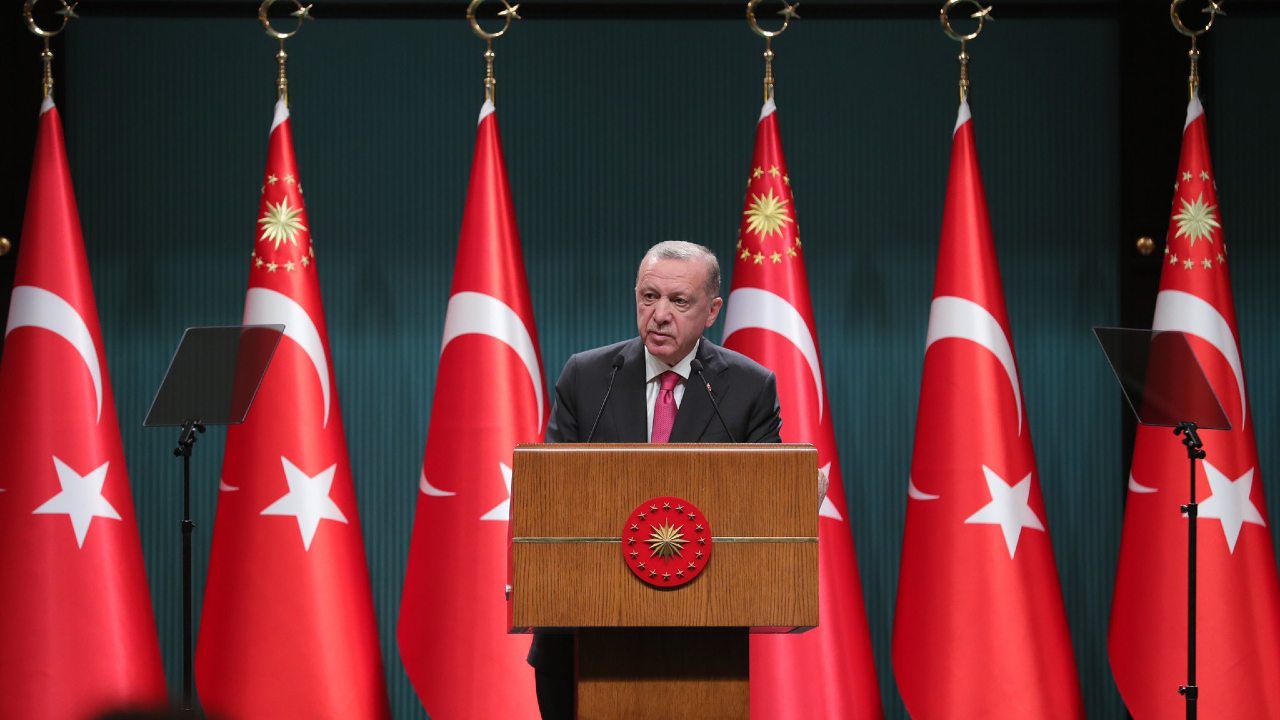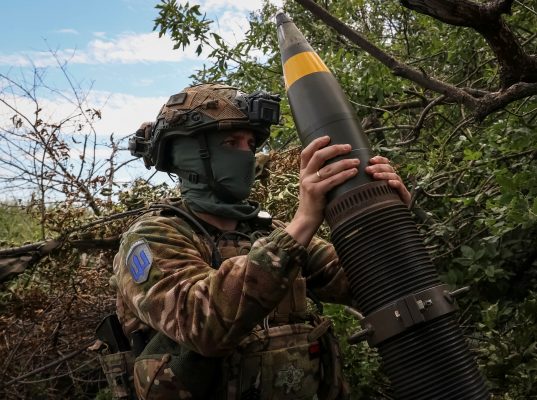The rift between Turkey and the rest of NATO over Swedish and Finnish accession to the alliance is the sort of conflict Russian propagandists dream of: an inflammatory issue guaranteed to create tensions and deepen fissures among Russia’s enemies.
Analysis conducted for this article has demonstrated that Russia is among the most prolific and engaged Turkish-language media publishers on the subject. Its campaign is neither exotic nor risky nor innovative, but succeeds on the basic level of effective propaganda: telling the audience it wants to hear.
The dispute underlying the current row is old, and the features are largely familiar. Turkey has a large and restive Kurdish minority with close ties to other Kurdish communities in Iraq and Syria. Sweden has around 100,000 citizens of Kurdish origin, while Finland has about 14,000, and the former (in particular) has made statements that Turkey regards as sympathetic to the PKK Kurdish terrorist group. President Recep Tayyip Erdoğan has demanded steps from both countries to address what he sees as their support for anti-state organizations, threatening to use his country’s veto on alliance expansion.
This is not a sudden development. The suppression of Kurdish nationalism and related secessionist groups has been at the center of Turkish nation building and national security for most of the republic’s century-long existence. The central government banned the use of Kurdish and referred to the people as “Mountain Turks” for most of the 20th century. The PKK’s call for a general uprising in 1984 led to a grueling counterinsurgency campaign that left 40,000 dead.
Russia’s long-standing and supportive policy towards the PKK may not endear it to the average Turk, but long-standing ethnic and cultural ties give it an outsized Turkish voice. Turkic peoples represent the largest ethnic minority in Russia at 8%, while six of the 12 present and former members of the International Organization of Turkic Culture are Russian federal subjects. These links provide the foundation for a prolific Turkish-language propaganda apparatus: only Russian, English, Spanish, and Arabic outpace Turkish in Russian-state content generation.
According to data provided by the artificial intelligence (AI) firm Omelas, where the author is president, the Russian government, through its Sputnik Türkiye outlet, is Turkey’s fourth most prolific producer of content, after the Turkish state itself and the government-aligned Kalyon Group, owner of Sabah newspaper, and Demirören Group, owner of Hurriyet and CNN Turk.
As the topic of Swedish and Finnish accession to NATO has come to dominate Turkish airwaves and newspapers, Russia has used its position to pour salt into the wound. Sputnik Türkiye has amplified claims that Sweden is a “nest of terror”, an ally of the PKK and YPG (the Syrian Kurdish armed group), and ships weapons to both groups. The pieces largely omit any reference to Russia and its alleged weapons supplies to the PKK, while presidential spokesman Dmitry Peskov has primly claimed Russia does not involve itself in NATO’s internal affairs.
Nonetheless, the tactics have been hugely successful: 16% of all Turkish-language likes, shares, and comments about Sweden or Finland are on content provided by the Russian state. The success of the campaign is in large measure a function of rational goal setting: The PKK is seen as a mortal, near-eternal enemy to the Turkish state and a large portion of the Turkish people. Russia need not implant new beliefs in its audience, or even seek fringe voices to amplify: the claim Sweden is a “nest of terror” came from Erdoğan himself, that Sweden is a YPG ally from Foreign Minister Mevlüt Çavuşoğlu, and that the country is shipping weapons to both groups from the state newswire, Anadolu.
Much as the highest yielding advertising campaigns target existing customers, Russia’s effort succeeds by delivering anti-Swedish messaging to an audience already craving it. It diverged very little from mainstream Turkish messaging on the issue. Russia’s aim is clear — it seeks to derail Swedish and Finnish membership bids, though it is not yet clear that this is also the aim of the Turkish government. (In fact, US Secretary of State Antony Blinken expressed confidence that accession will be agreed upon.)
But there is no doubt that Russia’s campaign is having a significant effect, and may even be helping to harden Turkish popular anger. The best propaganda does not aim to create new beliefs wholesale or to upend existing worldviews. Rather, it works with the preexisting beliefs of its audience.
In Turkish objections to Sweden and Finland’s NATO accession, Russia has found fertile soil. As so often with the Kremlin’s influence campaigns, it does not openly seek to sell its own arguments. It simply hopes to blacken the reputation of others for its own interests.
If Turks were focused on Russia, they would probably take a hostile view. The KGB is said to have been instrumental in the creation of the PKK back in the 1970s, and its leader Abdullah Ocalan sought and won asylum in Russia. Even PKK sympathy within Sweden comes with a Russian calling card: Sweden’s The Left, the country’s most stridently pro-PKK party, stands accused of close Russian ties.
But the focus within Turkey right now is on the north, not on Russia. As for the Kremlin’s hopes to halt NATO expansion, it’s likely to be disappointed. The Turks on the other hand will very likely get what they seek, a widespread denunciation of Kurdish armed groups and a pledge to keep them at arm’s length. That will allow Erdoğan to undertake his grand plan — a Turkish military push 30km (18 miles) into northern Syria to create a buffer zone filled with relocated Syrian Arab refugees on land including hitherto Kurdish areas.
Ben Dubow is a Nonresident Fellow at CEPA and the founder of Omelas, which specializes in data and analysis on how states manipulate the web




